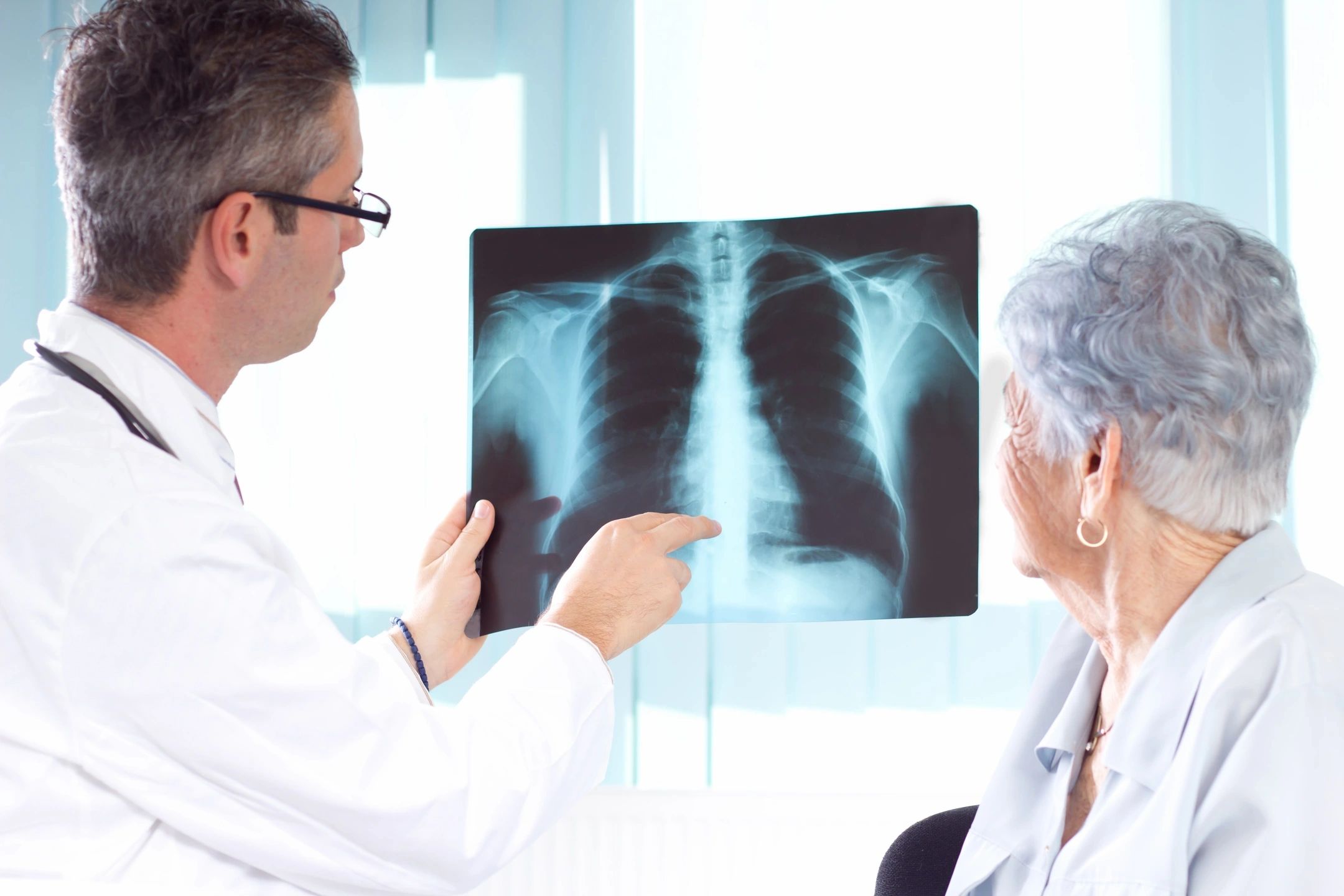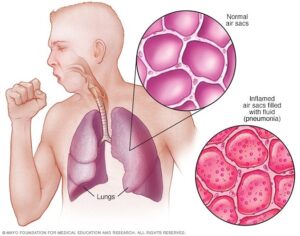HERPES VS COLD SORES~ IS THERE A DIFFERENCE?
By: Allie Might, FMC, INHC, ATT
Herpes…the word always seems make people cringe and curl their face in disbelief. It is associated with sores along the nether regions of the body. Many people are plagued with cold sores at one time or another. Some may even experience chronic breakouts. Herpes, cold sores…they look similar, but what are they and are they related?
Cold sores are something many people are familiar with, whether they’ve personally experienced them or just heard of them from television, articles or in conversations. What many don’t realize is that the technical name for a cold sore is herpes simplex virus 1 (HSV1)…yes, those pesky, common cold sores are part of the herpes virus. This is recognized as sores that can eventually scab on the lips or mouth, but can also show up on the tongue, roof of the mouth, inside of the cheeks or gums. HSV1 is often transmitted through saliva by sharing food, drinks, and utensils or by kissing.
When most people hear the word HERPES they usually think of the same thing….genital herpes or herpes simplex virus 2 (HSV2).
This type of herpes looks very similar to HSV1, but it’s found on and/or near the genitals and anus. According to the Cleveland Clinic, these sores can have a burning sensation and be rather itchy. Genital herpes commonly will be transmitted from person to person through skin-to-skin contact or bodily fluids. This occurs during normal sexual activity by touch, rubbing and/or intercourse.
One thing to consider is “can herpes simplex virus 1 and herpes simplex virus 2 be transmitted between themselves?” For example, if one person has genital herpes can it be transmitted to someone else mouth and vice versa. The simple answer is YES they can. This has been shown to happen through oral sex, both giving and receiving and both men and women. HSV1 can be transmitted to the genitals and HSV2 can be transmitted to the mouth during oral sex. If one is experiencing any symptoms or an outbreak, its best to refrain from this type of activity until the outbreak is completely gone.
So, can herpes be prevented? Depending on the outbreak there are precautions that can be taken. While doctors can offer treatments, there are things that one can do themselves. In addition to supplements to help support a strong and healthy immune system, using appropriate protection (condoms) during sexual activity can help lower the risk of transmission. Choosing to abstain during an outbreak is also a sure-fire way to limit passing HSV1 and/or HSV2 to others.
Vitamin C Toning Serum is typically used as an all over face serum. The vitamin C and vitamin E in this formula, it can be very good to use topically for the herpes virus. I like to recommend dabbing a little on the affected area, but remember, a little goes a long way. Jut dab and cover the sore. However, just use this on sores near or around the mouth. It should not be taken orally or put on other parts of the body.
Probiotic Hx Immune helps support the immune system and keep it functioning smoothly. This has four different probiotic strains, a prebiotic, zinc and vitamin D. This is a perfect formula to start building the immune system to aid in fighting viruses. I always say “a strong and healthy immune system should be your first line of defense”.
L-Theanine is something that may help control breakouts from happening. We know that during times of increased stress and/or anxiety, the likelihood of a breakout increases. Therefore, managing stress and anxiety to help keep it to a minimum can help reduce breakouts of the herpes virus.
L-Lysine is often used by those with a history of herpes outbreaks, both simplex 1 and 2. It is believed that it blocks the absorption of arginine in the gut, as the herpes virus needs continuous arginine to copy and thrive in the body.
my.clevelandclinic.org/health/diseases/22855-herpes-simplex
www.cdc.gov/herpes/about/index.html
www.who.int/news-room/fact-sheets/detail/herpes-simplex-virus
www.news-medical.net/news/20210212/Study-sheds-light-on-the-recurrence-of-herpes-simplex-virus.aspx
www.webmd.com/skin-problems-and-treatments/cold-sores-at-home-care
www.aad.org/public/diseases/a-z/cold-sores-treatment
www.healthline.com/health/lysine-for-cold-sore#dosage









